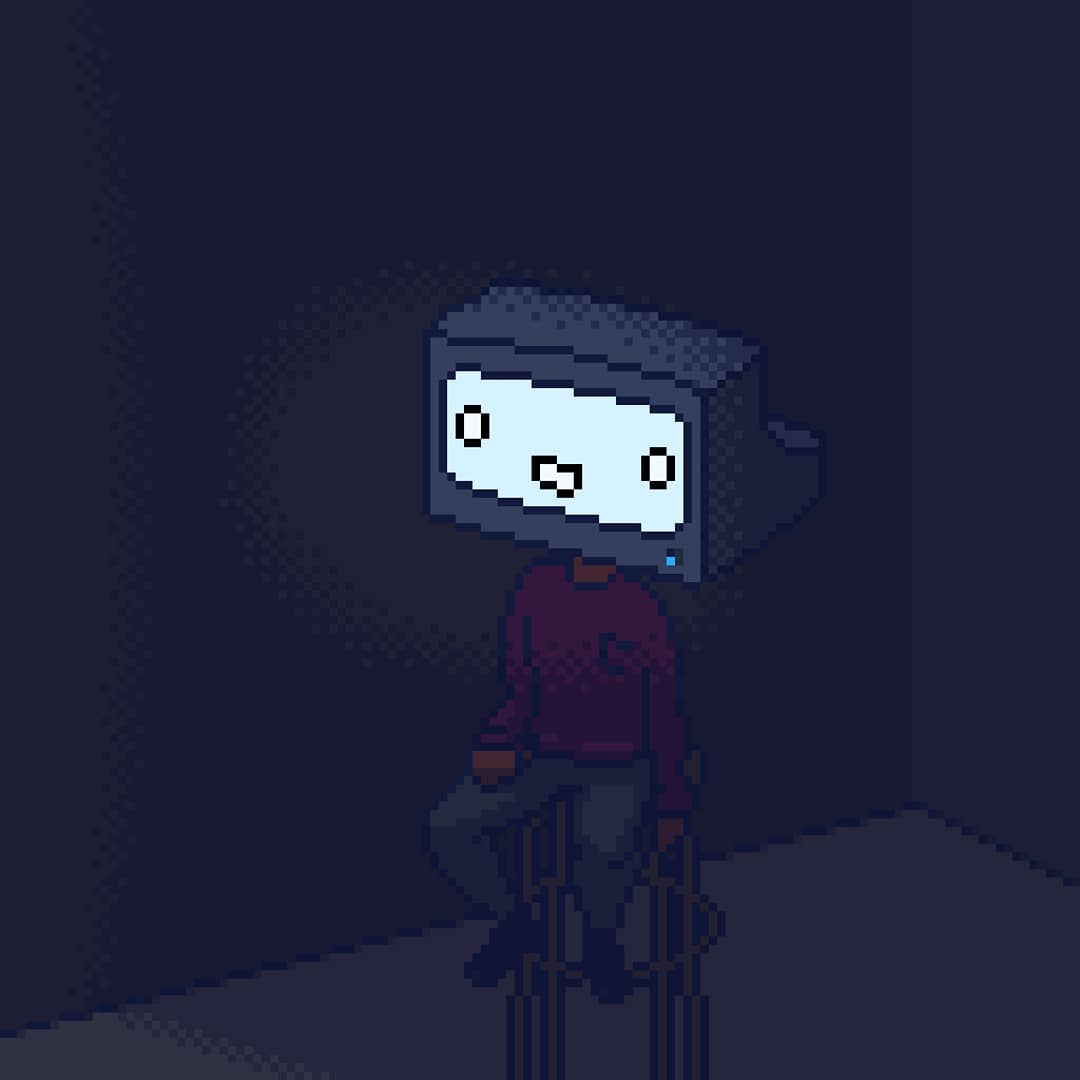

Yea, but when you pair auto tune with trappy beats, it’s obvious Cher isn’t who you’re thinking about.
I make games


Yea, but when you pair auto tune with trappy beats, it’s obvious Cher isn’t who you’re thinking about.

Nah, that’s a black box algorithm. Blind boxes are like loot boxes, but for irl stuff. Like labubus. Basically gachapon machines without the machine. But that’s not exactly tech, so I assume the op means loot boxes.


OK boomer


Yea, some voiced consonants like L, M, N, R and maybe Y would work fine for singing, I think. Like if we only had words like “Hm”, or “Lt” (pronounced similar to “ult”), you could sing it fine.


All I know of is Balut. Fertilized chicken egg.


I mean sure, but he interacted with more than just Mary Magdelene. There’s a different prostitute in Luke 7:36-50 and Jesus makes it pretty damn clear how he feels about the other guy looking down on her.
Threads
Johnny Depp wasn’t in fight club lol
Anyway, what is Corpse Bride?
Weird AI alteration of the original image. You can’t even see the cat in the left pic, and the blanket pattern looks like nothing. The real one looks even cooler cause the tiny cat has a tail!

Video of same cat


Awesome! Thank you!


Bro you can’t just say that and not mention the name. What was it?

Years ago back at summer camp I hit my personal record of 22. Idk what plant was there I was allergic to, but I was surrounded in it. I don’t think I’ve sneezed more than like 10 in a row since then.


Oh no… I looked at it… I shouldn’t have done that.

I also have no other reason.


It’s like ‘fixing to.’ So, yea, kinda.


What do you mean it isn’t horny? Did you miss the title?
That’s the point. It’s nothing. You shouldn’t have trusted them.


I haven’t actually done it, but I have programmed n64 games. From what I understand only the PAL version has the chip, which makes sense since games have to run on different timings. The Japanese and US N64 are identical in hardware, there’s just those two plastic tabs on the tray that prevent the “wrong” cart from being inserted, so the tray is the only mod you need to do.
I feel like there’s a few. Like whatever you want to call artists like 100 gecs, or femtanyl.